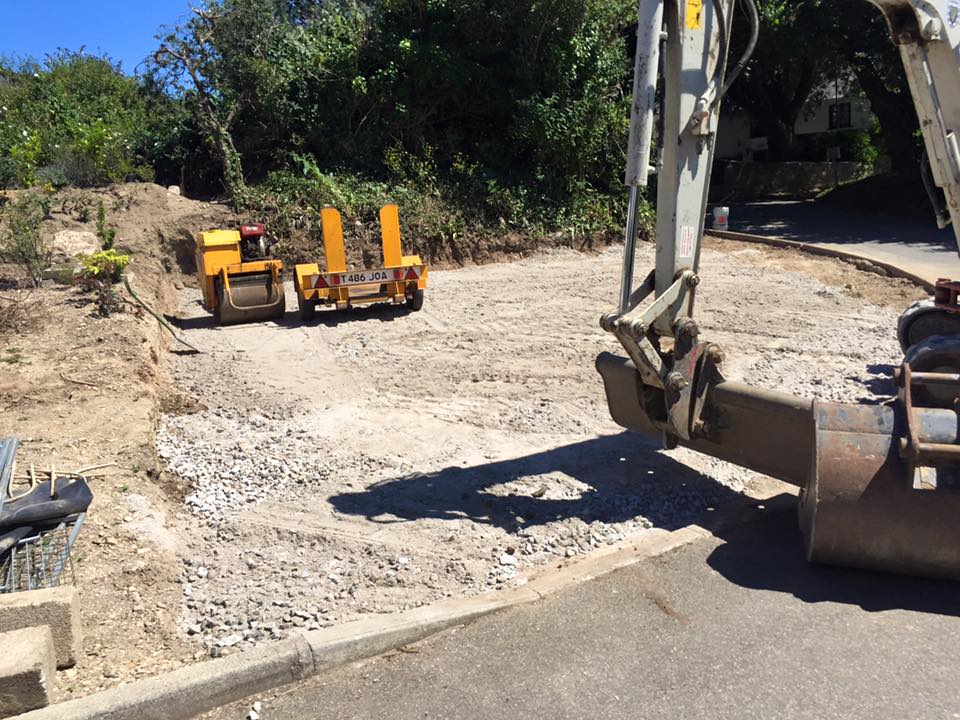
Concrete is a composite material that primarily consists of binding mediums such as embedded particles or a combination of fine and coarse aggregates. It is a fundamental foundation in any building blocks; therefore, quality control is imperative when making concrete surfacing – either for driveways or pavements.
These compressive tests help provide a definite idea of the material’s load-bearing strength, durability, resistance to environmental factors such as wind, snow, water, air content, permeability, and play vital roles in building safe and sound structures. Usually, the quality is checked at different stages of the concreting process.
1. Pre-concrete Quality Checks
This stage consists of two steps in quality control, including specification requirements like excavation, forms, reinforcement, ingredients and embedded fixtures.
On cement
The quality of the cement is determined by applying compressive strength tests on cement cubes. For it to be effective, it should be initially tested once in every two months for each source. It is vulnerable to damage when moisture seeps in, so it should be protected from humidity. In cases where large lumps are found, they should be rejected immediately.
On aggregate
The quality of concrete is influenced by the physical and mechanical properties of aggregate such as its shape, grading, durability, specific gravity, and water absorption. All these features should be thoroughly tested to determine any bulking of sand. When this happens, it increases the water-cement ratio and ultimately reduces the material’s strength. In that regard, moisture content tests should be made daily.
On water
Water content is an essential constituent in concrete. It chemically reacts with the cement to produce the desired properties of the concrete, which helps control the cement’s strength and durability. In that regard, the quality of water affects the setting time and workability of the material.
In cases of suspended impurities in the water, concrete cubes are tested with the water. It should be given an average of 28 days of compressive strength with at least three cubes prepared for testing, and the results should not be less than 90% of the average strength of concrete cubes with the appropriate distilled water.
2. Quality Checks while Concreting
When concrete is being manufactured, quality control should be implemented for all operations such as batching, mixing, transportation, laying, compacting, and curing. The materials used on the site should be comprised of a mix of materials that was thoroughly tested in the laboratory. Furthermore, the materials fed in the mixer should be in the proper sequence.
The speed of the mixer plays an important role as well and must range between 15 to 20 revolutions per minute. In that regard, perform the mixing in less than two minutes. When unloading the concrete from the mixture, avoid segregation as it will still need to be tested for the concrete’s workability.
It can be done using a slump test or compaction factor test; repeat three times for every 25 m3 of concrete. When done, leave it to rest in its final position and avoid dropping the material or any further handling.
3. Post Concreting Checks
The next procedure involves compression tests for cubes made out of compacted and hardened concrete. The material should be inspected for accurate measurement of its dimensions, shape, and size as per design specification, as well as its general surface appearance.
Also, reinforcement should well enough cover the concrete without any visible parts sticking out. In cases where this happens, the concrete must be either be rejected or fixed accordingly. Finally, the strength of the concrete is tested by concrete cubes or cylinder samples after 28 days.
The Bottom Line: Why You Need a Reputable Surfacing Contractor
Knowing how to verify the quality of groundwork in any building projects can help keep you in the loop when working with a paving company. Of course, choosing the right contractor will save you the trouble as a reputable company can ensure quality results every time – be it for updating driveways or fixing pavements in commercial properties.
If you’re looking for concrete surfaced driveways in Cornwall, get in touch with us today! We’re happy to help.

